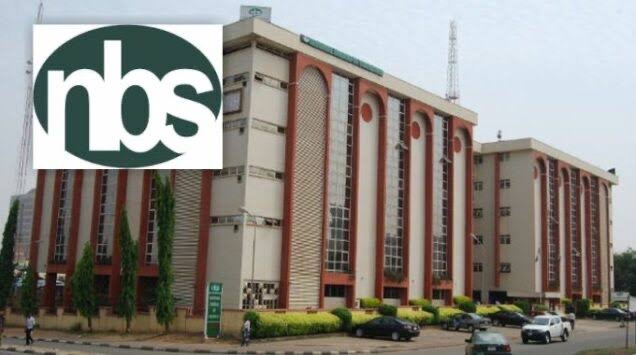The Central Bank of Nigeria released US$689.88 million (N903.95 billion) at the official exchange rate of N1,309/USD on March 31, 2024, to Nigerians for food imports in the first quarter of 2024.
It was also noted that food imports into Nigeria increased by 16.37 percent in the first six months of 2024.
According to Consumer Price Index data released monthly by the National Bureau of Statistics, the average Imported Food Price Index rose from 692.6 points in January 2024 to 806.0 points in June 2024.
On a month-on-month basis, the Imported Food Inflation rate rose to 36.38 percent in June 2024 from 34.83 percent in the previous month, up 1.55 percent on the back of the depreciation of the Naira following the unification of all sectors in the foreign exchange market, according to the CBN.

The June 2023 unification process, aimed at creating a more transparent and efficient foreign exchange market, resulted in a significant devaluation of the naira. Further analysis revealed that import inflation has been rising steadily for over four years, mainly due to internal and external factors.
NBS data on imported food inflation from January to June 2024 shows a worrying and steady increase in costs. In January, Nigeria recorded an import inflation rate of 26.29 percent. This rose to 29.81 percent in February, indicating a notable increase in inflation of 3.52 percent compared to January.
The trend continued in March, with imported food inflation rising to 32.89 percent, up 3.08 percentage points from February. In April, inflation rose further to 34.01%, up 1.12 percentage points compared to March, with the rate of increase slowing slightly.
Imported food inflation recorded 34.83% in May, indicating a continued upward trend. The increase in inflation compared to April was 0.82 percentage points.
Imported food inflation reached 36.38% in June, up 1.55 percentage points compared to May.
Although the overall trend is upward, inflation has shown signs of gradually slowing from March to May, before picking up again in June. Recently, the Federal Government approved a 150-day duty-free period for the importation of maize, husked brown rice, and wheat as part of efforts to combat rising inflation that has pushed many Nigerians into poverty.

As a result, the government suspended duties, tariffs, and taxes on the importation of certain food items across land and sea borders.
Dr. Akinwunmi Adesina, President of the African Development Bank, however, described the policy as discouraging and expressed concern over the Federal Government’s food importation plan. According to him, Nigeria cannot rely on food imports for price stabilization, and relying on food imports could destroy the country’s agricultural policy.
Also, the National President of the All Nigerian Farmers Association, Kabir Ibrahim, said duty-free importation of food items would lead to the erosion of profits made on local maize, rice, and wheat production. He urged the government to provide subsidies and invest in inputs such as machinery, fertilizers, and chemicals to build a sustainable food system in the country.
Nigeria’s inflation rate increased to 34.19% in June 2024 from 33.95% in May 2024. Headline inflation in June 2024 increased by 11.40 percentage points compared to June 2023, up from 22.79%.
On a monthly basis, headline inflation stood at 2.31% in June 2024, up 0.17 percentage points from 2.14% in May 2024.
Similarly, the CBN’s quarterly statistics showed that the country imports a large amount of food from abroad, despite being touted as the breadbasket of Africa. The analysis found that citizens spent $689.88 million on imported goods in January-March 2024. This represents an increase of $12 million (1.77%) from $677.61 million in the same period last year.
The government is concerned about high food imports. The country has a large agricultural sector and efforts have been made to expand local production to reduce reliance on food imports. However, factors such as inadequate infrastructure, insecurity, and climate change have hindered progress in this sector.
































